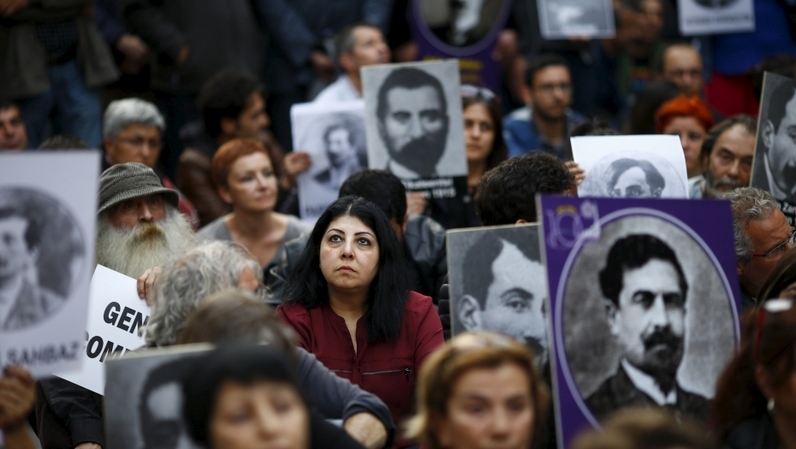
There are many simmering conflicts around the world that are not fully resolved but that can intensify very quickly because the underlying issues remain tense even in periods of relative calm. The Armenia/Azerbaijan conflict centers around the ethnic Armenian enclave (Nargorno Karabakh) inside Azerbaijan. To make things more complicated, there is an exclave of Azerbaijan (Nakhchivan) to the west of Armenia.
There have been ethnic/political tensions is this region for generations, but the collapse of the Soviet Union changed the status quo, and there was a cease-fire called in 1994, but that has dissolved in the last few weeks. Now, Turkey and Russia are both seeking to resolve the dispute (or carry out their regional ambitions if you like to approach this more cynically). This shows how a border conflict between two countries can quickly become a broader that can polarize the international community as countries “pick sides” in the conflict. While this is a distressing bit of news for global security and peace, this is a excellent case study to explore many political geographic topics; enclaves, exclaves, borders, sovereignty, devolution, international conflict, etc..
Al Jazeera (10/14)-Updates: Turkey denies accusations, Russia calls for truce
*BBC-Reports of fresh shelling dent ceasefire hopes
*VOX-The conflict between Armenia and Azerbaijan, explained
*The Sunday Times-Azerbaijan and Armenia accuse each other of breaking ceasefire
*The Jacobin Magazine-What’s Really Driving the Azerbaijan-Armenia Conflict
GeoEd Tags: Armenia, Azerbaijan, war, borders, political.




